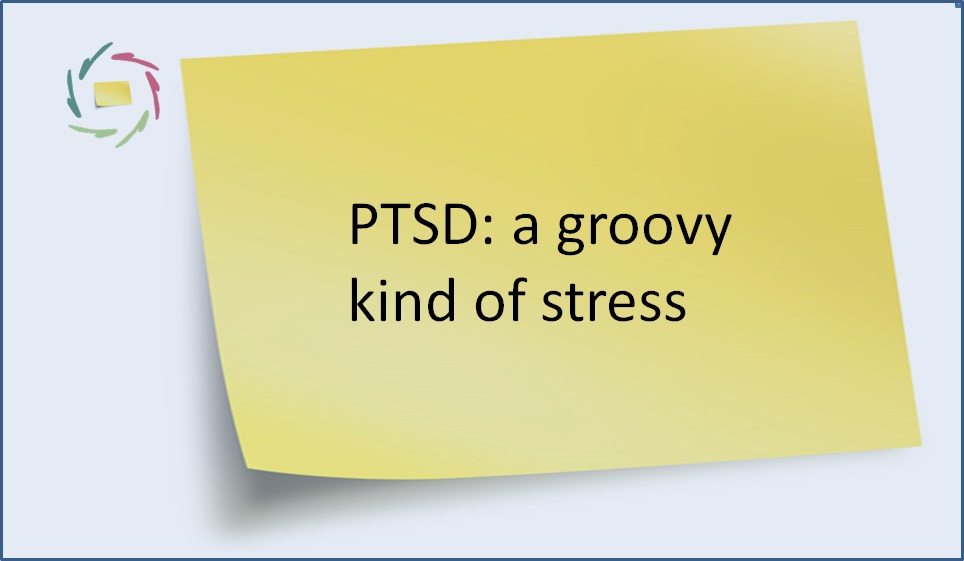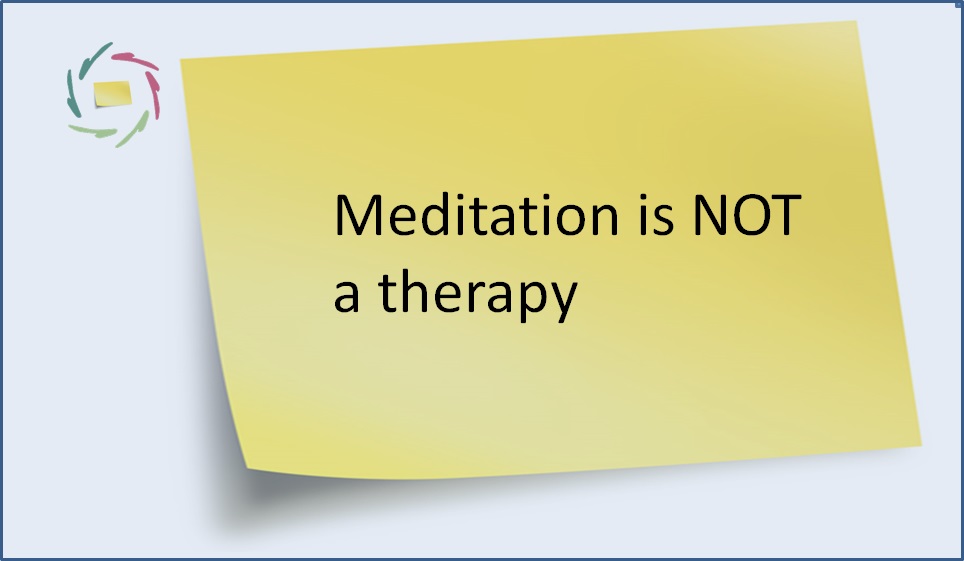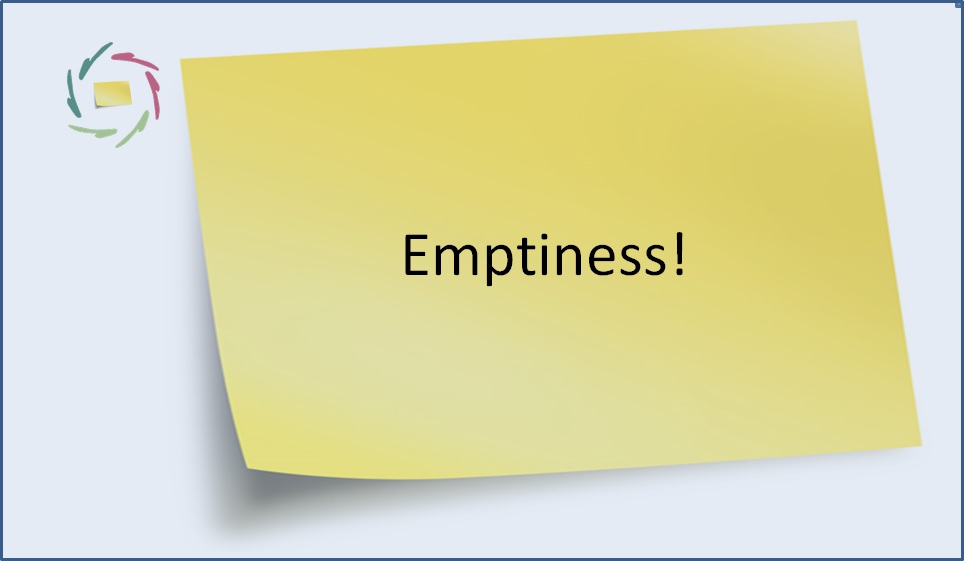29. PTSD: a groovy kind of stress

In a traumatic situation, people are more vulnerable to ‘suggestion’ (that is: to be touched in one’s deeper self by the meaning of things) for two reasons. First, the very deep meaning of what happens, has in itself as a matter of fact a huge impact. Second, the power of the trauma shakes and cuts through one’s being, hereby provoking cracks and fissures in a person’s mind through which the traumatic meaning can enter into deeper layers even more.
◊◊◊
Especially when specific cracks have already been in place (such as a vulnerability to loss of control), a person may be very susceptible to the negative consequences of this.
◊◊◊
After a short or longer time, a paradox may start. Like an animal licking a physical wound, a person with a mental trauma may go over this again and again. It may reappear in flashbacks, ruminations, dreams at night, etc. This is a reflex-like attempt to heal. However, in a number of cases, this reflex has as a result the deepening of the lesion. It’s like digging into a groove over and over again and by doing this, making the groove deeper. Apparently, the ‘natural reflex’ has a reverse effect in this case. Sadly, psychotherapy frequently enhances the problem by ‘grooving’ even more.
◊◊◊
The reason for this lies in our mental structure. We are beings with a consciousness and a subconscious. In trying to mend a subconscious open wound with a means that belongs to the conscious world (this is: trying to get a crisp control over matters) we can make things worse without end.
◊◊◊
The difference between problem and solution lies in the direction. If one tries to control the suffering from outside, one gets into the groove from outside, making it deeper. Contrary to this, if one gets ‘control’ from inside, the groove may spontaneously open, widen and flatten, eventually disappearing as such through becoming integrated in a wider whole: the total person.
◊◊◊
‘Control’ from inside means establishing good communication, sending invitations to heal from inside, empowering one’s deeper self and growing together as a complete person towards a real solution. By letting things grow, the groove naturally becomes less deep from itself. It happens spontaneously, like any plant or animal that grows. You can optimize the conditions to grow. You cannot ‘do the growing’ in the place of that plant or animal. Moreover, if you try to make a plant grow by pulling at it, you just tear out its roots. Such is nature, including our own nature.
◊◊◊
PTSD can affect a person or group of persons. It can also affect a civilization. It may even be an important cause of the downfall of some ancient civilizations such as the Mayan culture and the Cretenzic culture in the Mediterranean. Due to some very severe traumatic event (such as a huge volcanic eruption or climatic change), and a society-level vulnerability to loss of control, a whole culture may lose its belief system, come into the groove to never get out of it again. You see. It’s powerful.
◊◊◊
We, human beings, should get to know ourselves better. We need it very much.
◊◊◊


